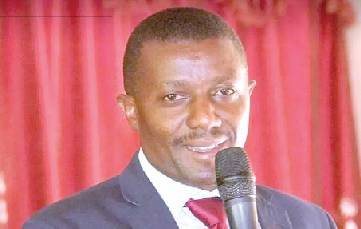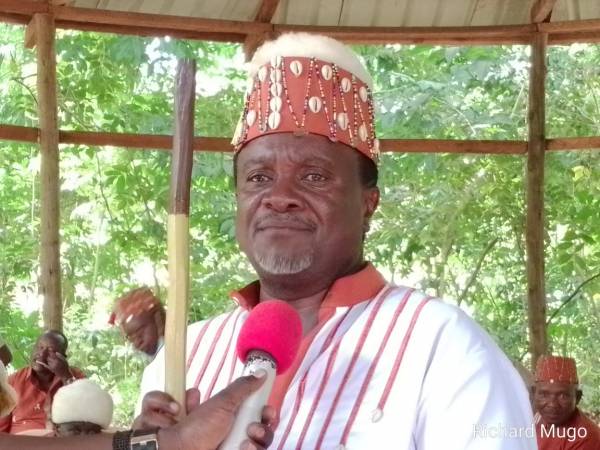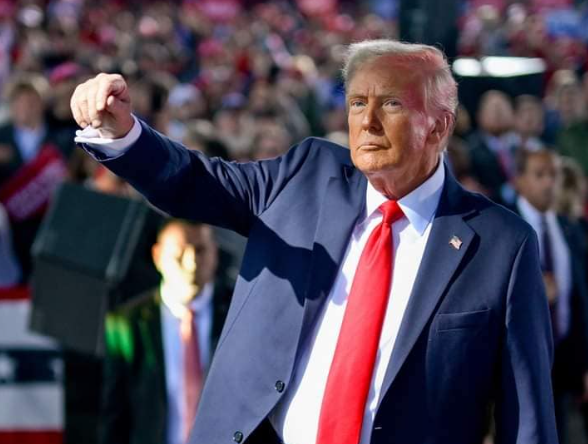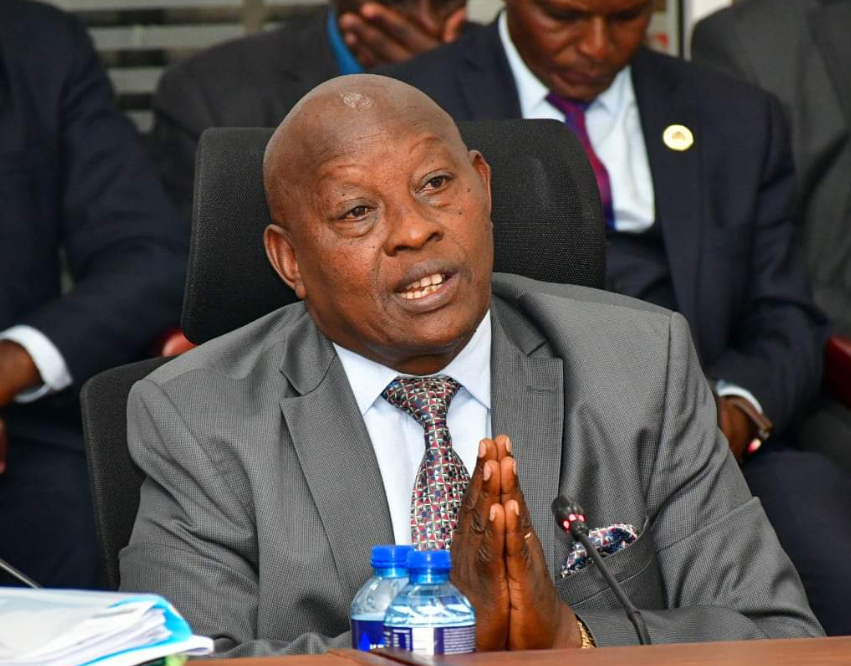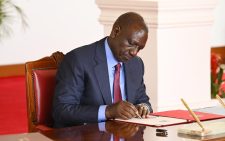How greed and fear rule Kenya’s political discourse
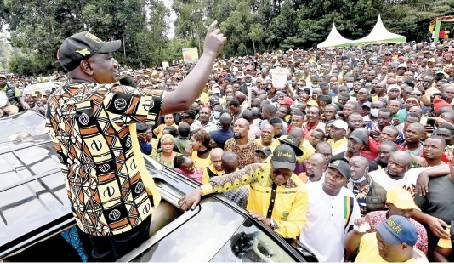
Michael Ochula
Politics is an art and in form, most like music orchestrated by politicians. We, the electorate are the instrument, played by politicians of mastery skill.
Some are crude exponents, performing with the delicacy of a violinist wielding a mallet. Others, the true tribal kingpins, draw from us the sweet chords of electoral success by playing on tribal melodies that resonate in the deepest chambers of the electorate’s heart. Two themes in particular are the masters’ recurring favourites: greed and fear.
We have recently witnessed leading political contenders unleash these themes with equal vigour. Without missing a beat, politicians unleash the dread demon of fear during their “law and order auctions”.
They improvise variations on the same theme-playing on risks to economic development agenda, national security, corruption, universal healthcare, unemployment and quality education among other critical issues.
The vast vulnerable and gullible citizens are scared out of their wits by politicians seeking to stampede the mob into their voting side.
In most cases, the appeal to voters is far less crude than I have suggested. But if you listen carefully, then the twin leitmotifs can be discerned… present in the background for the simplest of reasons.
Politicians frame their campaign messages to fit the character mode of the electorate they seek to persuade.
If they believed that the road to the August 2022 general election success is paved with depravity – then that would be the basis of their appeal.
However, experience seems to have taught our politicians to expect something less of us than we might hope for ourselves.
The evidence of history is compelling – the lower road of deceit, corruption, unethical conduct and unorthodox campaign tactics offers the most direct route to power.
However, success achieved in this manner comes only at a grave cost: in the moment of our surrender to the siren song of greed and fear, we may despise those who wreck our better selves on the base elements of our character.
We may be tempted to blame the politicians for this state of affairs. However, the rest of us share responsibility for the character of the political discourse we voted in during the past elections.
Kenyans as people are of moderate decency. However, we seem to have much time for people who shove “wrong goodies” down our throats.
However, we still have a real affection for ideas such as that of a “fair go” – even if our commitment to practice is not consistent. We should demand more of accountability from our politicians and ourselves.
This is where leadership really counts. Those commanding the political heights affect the tone of our society by their example as individuals and through the style and substance of their politics.
All of this leads me to wonder if, in the months ahead of the call for a general election, the principal players in Kenyan politics might risk taking the higher road by engaging the nobler aspects of the Kenyan character.
Surely there are some things that we might choose to do (individually or collectively) for reasons other than self-interest or fear.
This would be a different tune, no doubt a difficult tune, to play. But surely, we have politicians gifted and confident enough to master such an art.
— The writer is a communications and governance expert working in Nairobi

